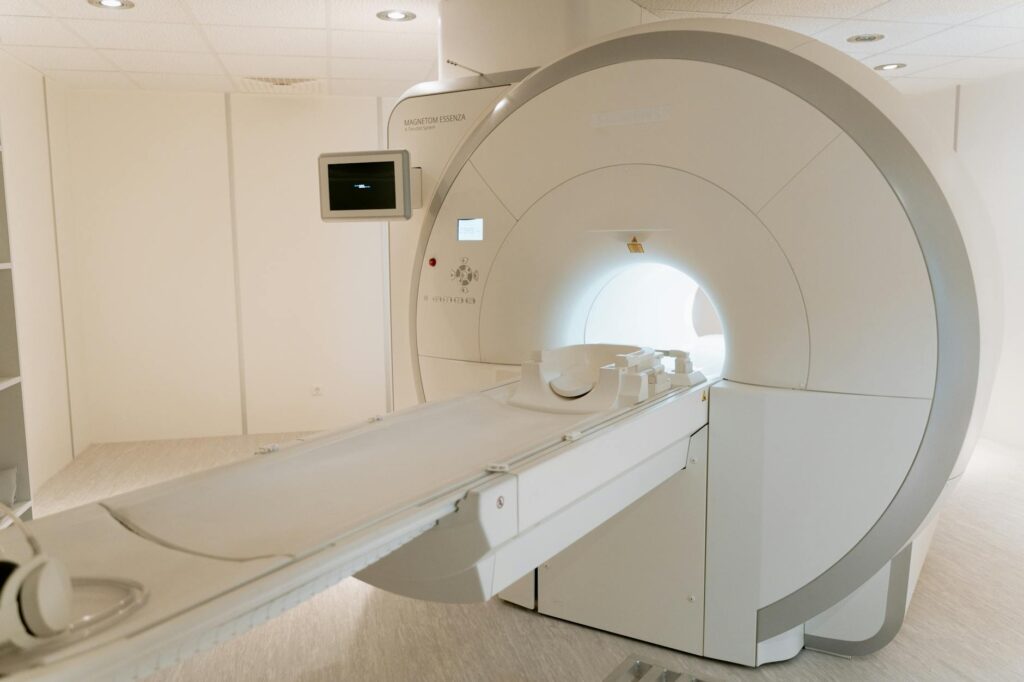What is work habits assessment tools?

What is work habits assessment tools?
Work habits assessment tools are designed to evaluate and enhance how we work. These tools play a crucial role in understanding our strengths and weaknesses, ultimately helping us become more productive and effective. By examining our work habits, we can identify areas for improvement and set actionable goals.
Understanding our work habits isn’t just beneficial for personal development; it also enhances workplace dynamics and overall efficiency. So, what exactly are these tools, and how can they transform our work life? Let’s explore this topic in detail.
Understanding Work Habits Assessment Tools
Definition and Purpose
Work habits assessment tools are structured instruments used to analyze an individual’s work behaviors and practices. Their main purpose is to provide insights into how effectively someone is working, allowing for targeted improvements. These assessments can help individuals and teams recognize patterns in their work habits—both positive and negative—making it easier to enhance productivity and achieve professional goals.
Imagine trying to navigate without a map; without understanding how you work, you might find yourself lost in inefficiencies. Instead, these tools serve as a compass, directing you toward better habits and practices.
Types of Work Habits Assessment Tools
There are various types of work habits assessment tools available, and they can be categorized into three main groups:
-
Surveys and Questionnaires: These often consist of multiple-choice questions designed to gather information about your work habits, preferences, and challenges. They can provide a quick snapshot of your work style.
-
Self-assessment Checklists: These tools allow individuals to reflect on their habits through a series of prompts or statements that they can agree or disagree with. For example, you might assess how often you prioritize tasks or manage distractions effectively.
-
Software Applications: Digital tools can track your work habits over time, providing real-time data and feedback. Many productivity apps come with built-in assessment features to analyze your efficiency regularly.
Each of these tools plays a unique role in evaluating work habits, allowing for a tailored approach based on individual or organizational needs.
Benefits of Using Work Habits Assessment Tools
Improving Productivity
One of the most significant benefits of using work habits assessment tools is the potential for improved productivity. By identifying inefficiencies—like time spent on non-essential tasks—you can streamline your processes. For instance, if you discover that you spend too much time in meetings, you can adjust your schedule to allocate more time for focused work.
A fascinating article on workplace assessments highlights how these evaluations can lead to noticeable productivity increases by targeting specific areas for development.
Enhancing Self-awareness
Work habits assessments foster greater self-awareness about your work style. By understanding your strengths and weaknesses, you can make informed decisions about how to approach tasks. This awareness also allows for better communication with colleagues, as you can articulate your work preferences and challenges.
When you reflect on your work habits, it’s like holding up a mirror. You begin to see aspects of your work style that may have previously gone unnoticed.
Supporting Goal Setting
The insights gained from work habits assessments can significantly support goal setting. With a clearer understanding of your habits, you can set realistic and achievable goals. For example, if an assessment reveals that you struggle with time management, you can prioritize developing strategies to improve in that area.
This process of setting specific goals based on your assessments can lead to more meaningful progress. It transforms abstract aspirations into concrete objectives.
How to Choose the Right Work Habits Assessment Tool
Evaluating Your Needs
Before selecting a work habits assessment tool, it’s essential to evaluate your needs. Consider what you hope to achieve through the assessment. Are you looking for personal improvement, or do you want to enhance team dynamics? Understanding your objectives will help narrow down your options.
Features to Look For
When choosing an assessment tool, consider the following features:
-
Ease of Use: The tool should be user-friendly, allowing you to navigate without frustration.
-
Feedback Options: Look for tools that provide actionable feedback on your assessment results.
-
Customization: Some tools allow for customization, letting you tailor the assessment to your specific work environment or individual preferences.
These features can enhance your experience and make the assessment process more effective.
Popular Work Habits Assessment Tools
Several well-regarded work habits assessment tools are used today. For example, the Work Ethic Assessment Tool helps individuals define key behaviors essential for a positive work ethic. Another option is the Soft Skills Assessment Tools, which focuses on evaluating interpersonal skills crucial for workplace success.
Implementing Work Habits Assessment Tools
Integrating Assessments into Routine
To maximize the benefits of work habits assessment tools, it’s essential to integrate them into your daily routines. Whether through weekly self-assessments or periodic surveys, consistency is key. For instance, you can set aside time each week to reflect on your productivity and any obstacles you’ve encountered.
Analyzing Results for Continuous Improvement
Once you’ve completed assessments, take the time to analyze your results. Look for trends or recurring themes in your work habits. Create an action plan based on your findings. For example, if you notice that distractions significantly impact your work, you might consider strategies to minimize interruptions.
By regularly analyzing your results, you’ll create a cycle of continuous improvement that enhances your work habits.
Conclusion
Work habits assessment tools are invaluable resources for anyone looking to boost productivity and foster personal development. By understanding how they work, exploring their benefits, and selecting the right tool, you can make informed decisions about your work habits.
The journey of improvement doesn’t end with assessment; it continues through integration and analysis. So, take the first step today—evaluate your work habits and unlock your potential for greater success!

Photo by MART PRODUCTION